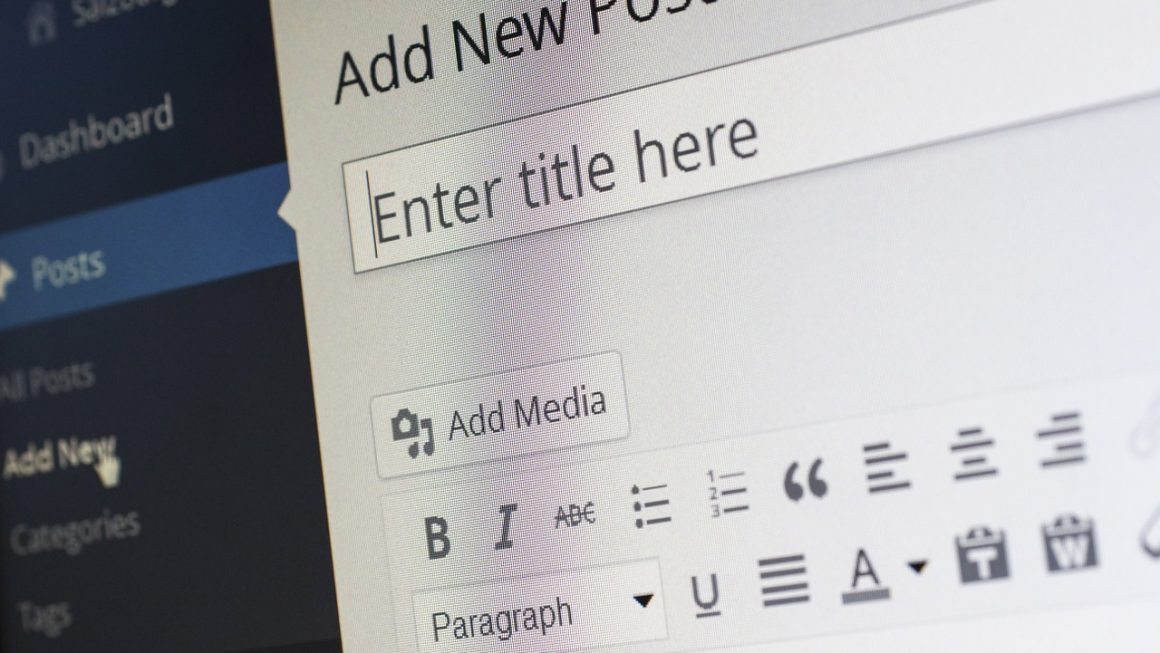With the rise of Content Management Systems, it is easier than ever to create your own website. This has created a large stream of freelance web designers and it can create a challenge for a business owner or entrepreneur to shuffle through the muck. Let’s take a look at some common misconceptions about freelance web design and how to choose what you need for your business.
DISCLAIMER: I won’t cover web developers or agencies, although both are excellent choices. Instead, we will focus on demystifying the term “web designer”.
Expectation Vs. Reality
Expectation
When hiring a designer, you may expect extensive knowledge of graphic design, the ability to create logos or graphics, while also knowing and using HTML, CSS, JS, or other web programming languages (disclaimer: HTML and CSS are not programming languages).
Reality
The ability and skill of designers vary greatly. When choosing a designer, make sure to ask for samples of their work. Some web designers have gone to school to learn graphic design and transitioned into web design, while others have taken online courses or learned on the go. You will usually find many web designers have little to no graphic design knowledge. Others may have zero knowledge of programming languages. These are important questions to ask to make sure you are getting the best bang for your buck.
Different “Designers”
Within the grouping of the term “web design” there is a large variety of careers and abilities. Here are some examples:
- UX Design
- UI Design
- Graphic Design
- Self-taught
- Marketers
UX Designers

UX designers focus on the user experience. They may have little to no coding knowledge, but understand the way your visitor will interact with your website. They understand how to do research build a sitemap, and design a prototype of a website. They create easy-to-use systems that will help users quickly reach the endgame seamlessly.
As a precaution, make sure to ask what experience and deliverables your UX designer can present. Many are self-taught or have learned through online courses, which isn’t a bad thing but you want proof of work to validate their claims.
UI Designers
UI designers are often spoken of interchangeably between UX designers, but there are some major differences. UI designers, or user interaction, focus on the aesthetics of a design and the many micro-interactions on a website. Their goal is to develop a site that delivers the right emotion to your site, giving it a clean and professional look. Once again they may only have basic HTML and CSS language knowledge or none at all. However, their design knowledge truly helps deliver wonderful experiences to the visitor.
Both UI/ UX Designers are best used for:
- E-commerce
- Businesses that rely heavily on their website
- Application designs
Every website can benefit from good UI/UX, however, the price tag may leave them out of reach for some small businesses. It is always good practice to think and build your site thinking about your user and not just yourself.
Graphic Designer
Graphic Designers have a deep understanding of layout, color, typography, and the emotions they evoke. Typically Graphic designers are also able to provide you with logo services and/or graphics and images for the website. If they are building the website for you, most likely they will be using a content management system. It’s beneficial to ask if your web designer has graphic design experience as this will make a significant difference in what may be offered to you.
If you want a complete setup, from graphics to logo, you may want to consider hiring a graphic designer with CMS experience to build your site.
Keep in mind they may have limitations, specifically in the marketing area, unless they have marketing experience. This could leave your website missing some key components in the space of conversions and leads.
Self-Taught Web Designers
You will find many freelancers and freelance websites. Many are self-taught. I am a self-taught web designer. However, because of the large scope of web design, it is important to see just what your web designer’s area of expertise is. While many claim to be able to “do it all” the truth is that web design is massive in scope and there are many areas that require more expertise that may be outside their scope.
Examples of this can be customized solutions when no plugins are available or customized graphics. Make sure to ask what your designer’s background and experience is and to ask for solutions. There are many benefits to self-taught web designers, especially when it comes to cost, but it is important to do your research before committing.
Marketers
Lastly although not truly “web designers” marketers serve a special place in the web design world. Many are focused not on the website itself, but on the results you want to achieve with your website.
Marketers may offer additional services such as SEO and FB ads or email marketing. They may have some basic coding experience or build mainly with WordPress. They can be a great asset, but once again, make sure you do a thorough search of their history. Find out what projects they have worked on and completed successfully.
But more importantly, find out what projects they have failed in and why. Most marketers will have some ill-fated marketing campaign, but how they handled it will go a long way in helping you decide if you want to work with them.
You may want to consider a marketer if your business revolves around the web. If you rely on the web for customers, marketers can add a big boost in terms of business flow.
Summary
To summarize, choosing the best class of web designer for your business can be daunting. But the key lies in understanding your business needs as well as who you are hiring. The more you research your prospect. The happier you will be with the result.



